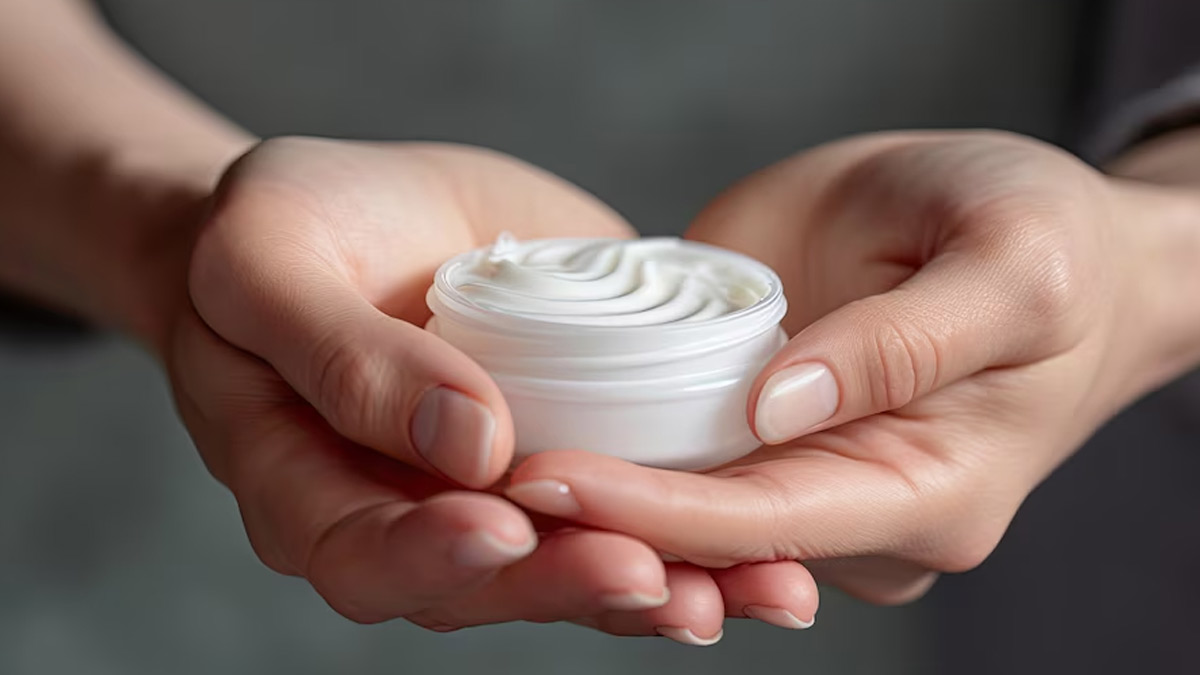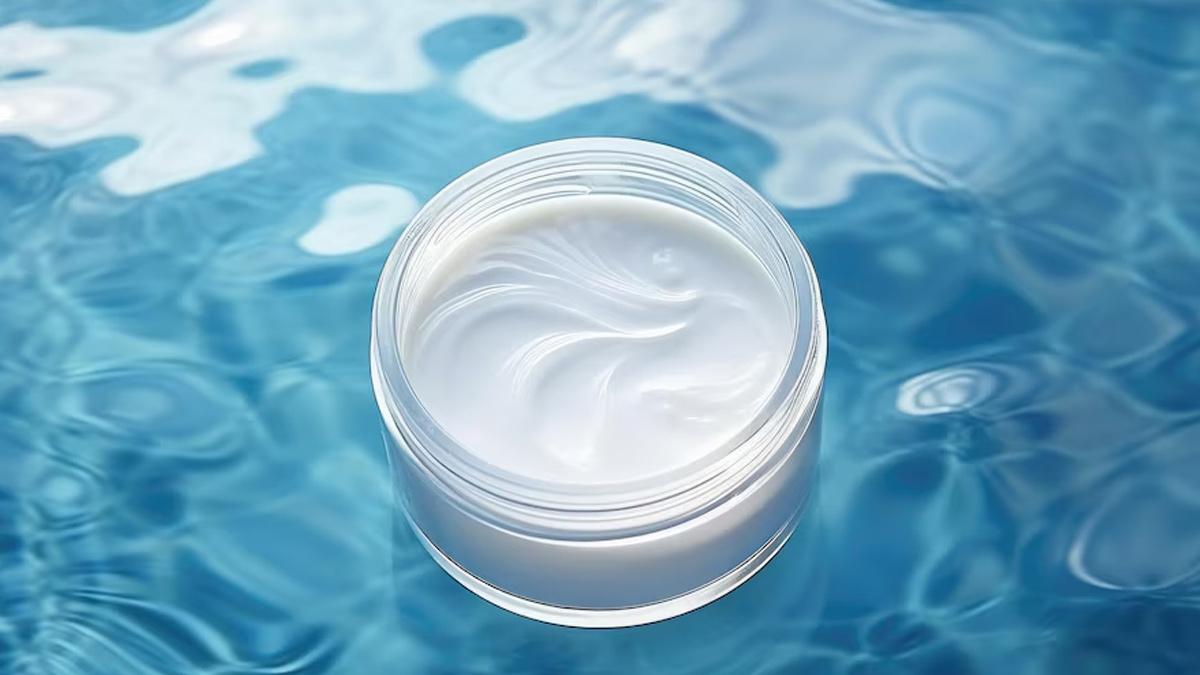
Summer is here, and it’s time to get your skin ready to face the heat. While a sunscreen with a Sun Protection Factor (SPF) of at least 30 is said to provide a 97% filtration power against UVB rays, a good skin care routine with an appropriate moisturiser can further enhance your skin health. Understanding your skin type and addressing the kinds of sensitivities your skin has can also help you make informed decisions.
Table of Content:-
Also Read: How To Pick The Right Sunscreen For Your Skin: The Ingredients To Look For And Avoid
What Is A Moisturiser?

Moisturisers are composed of ingredients that help prevent dry skin, says Dr Pallavi Singh, Consultant Dermatologist, Max Multi Speciality Centre, Panchsheel Park.
It is a great way to hydrate the skin and to keep various kinds of skin conditions, like dermatitis, at bay.
A study published in the journal Clinical Medicine and Research suggests that moisturisers help maintain healthy skin and can even be part of treatment for various skin conditions, like eczema.
These conditions often involve a weakened skin barrier and dryness, which can be prevented by applying the right moisturiser to your skin.
Dr Singh recommends using moisturisers according to one’s skin type and the weather conditions.
She says, “Dry and cold weather calls for a more creamy texture of emollients, while hot and humid weather needs more water-based products and humectants.”
Like weather, skin type should also be considered while choosing a moisturiser. For dry skin, she recommends applying lotions and cream-based formulations, while oily skin finds gel-based and silicon-based products more suitable.
What Is An Ideal Moisturiser For Summer Season?
For summers, light-weight, non-sticky moisturisers should be considered, says Dr Singh.
For those with dry skin, water-based and lotion formulations are good, whereas people with oily skin can use gel-based creams and moisturisers.
“Normal to combination skin can choose between either depending on whether their skin is more towards the dry or oily side. All formulations preferred should be non-comedogenic,” the doctor adds.

Some of the skin ingredients that work well in summer include:
- Humectants such as hyaluronic acid, glycerin, propylene, and butylene glycol.
- Alpha-hydroxy acid (AHA), such as lactic acid, helps with gentle exfoliation and has moisturising properties.
The doctor further emphasises the use of sunscreen, advising people to choose products already containing sun protection or apply a separate sunscreen over the moisturiser.
Here’s a guide to How To Pick The Right Sunscreen For Your Skin.
Also watch this video
How we keep this article up to date:
We work with experts and keep a close eye on the latest in health and wellness. Whenever there is a new research or helpful information, we update our articles with accurate and useful advice.
Current Version
